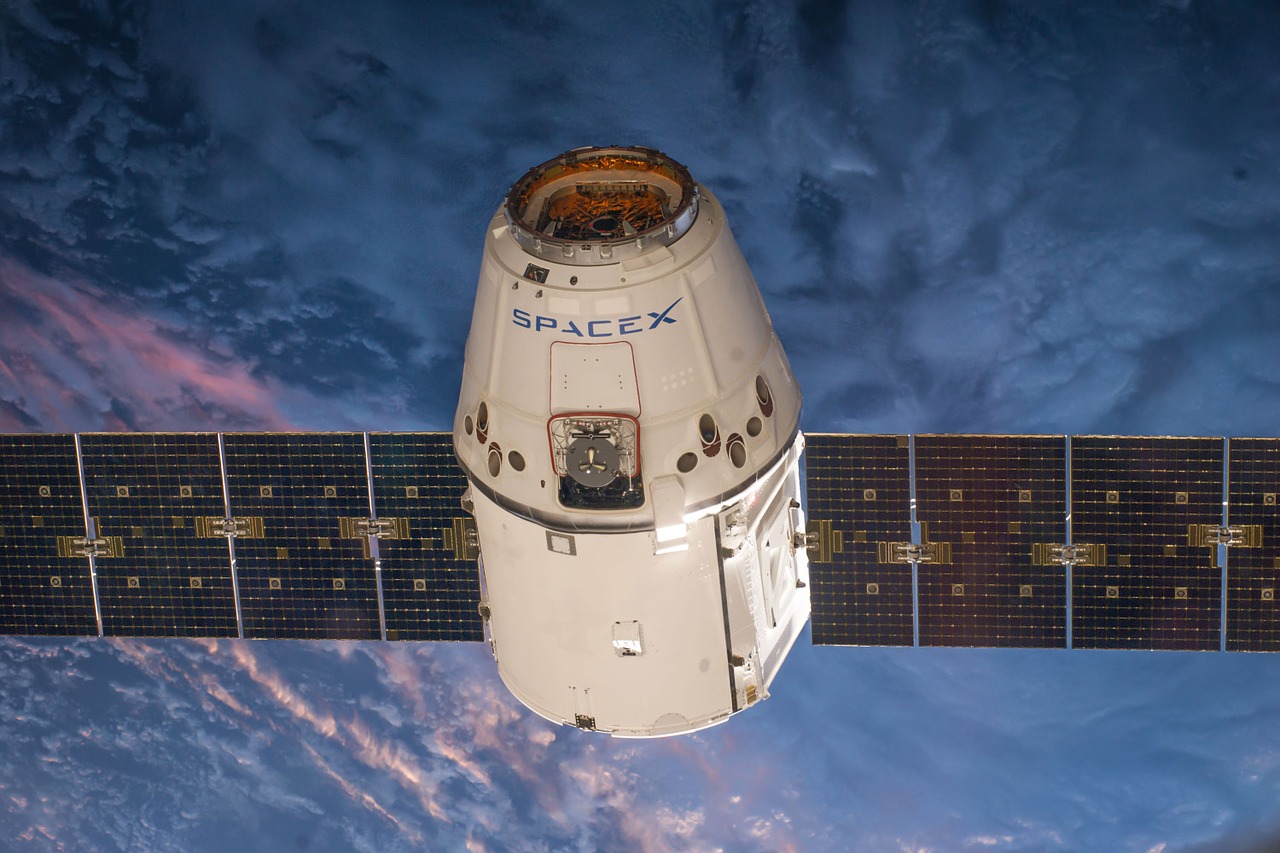
SpaceX has launched an additional 60 satellites into orbit on Monday, as part of its plan to build a massive broadband-from-space business.
The launch of a Falcon 9 rocket carrying the SpaceX satellites was conducted at the Canaveral Air Force Station in Florida at 9:56 a.m. and these satellites were successfully deployed in orbit around an hour later. This launch is one of many such launches SpaceX has planned over the next year.
The 60 satellites deployed will become part of the company's internet constellation, called Starlink, which will require hundreds of satellites working together to provide seamless internet connections on the ground. SpaceX has launched dozens of satellites during its first Starlink flight in May and it plans to launch up to 24 additional missions in 2020.
SpaceX has previously secured permission from regulators to launch over 100,000 Starlink satellites and recently submitted a request to increase this by 30,000 more.
Out of the 60 satellites launched in May, three experienced malfunction and were unable to communicate with the ground, leaving them floating aimlessly until they are pulled back by Earth's gravity. SpaceX has developed a system that will ensure that its functioning satellites will save enough fuel to return to Earth so they don't contribute to space junk.
SpaceX CEO and chief engineer Elon Musk sent out last month the first tweet using the Starlink system. However, Lauren Lyons, a SpaceX engineer who hosted the webcast of Monday's launch, said: "We still have a long way to go from tweets to 4K cat videos, but we are on our way."
The company is aiming the Starlink service towards people living in areas without the infrastructure for wireless or who aren't happy with their current providers. According to Musk, Starlink could generate $30 billion or more in revenue each year for SpaceX.
Similar constellations have been proposed by Amazon and Softbank-backed OneWeb in order to capitalize on this mission to provide internet from space.






